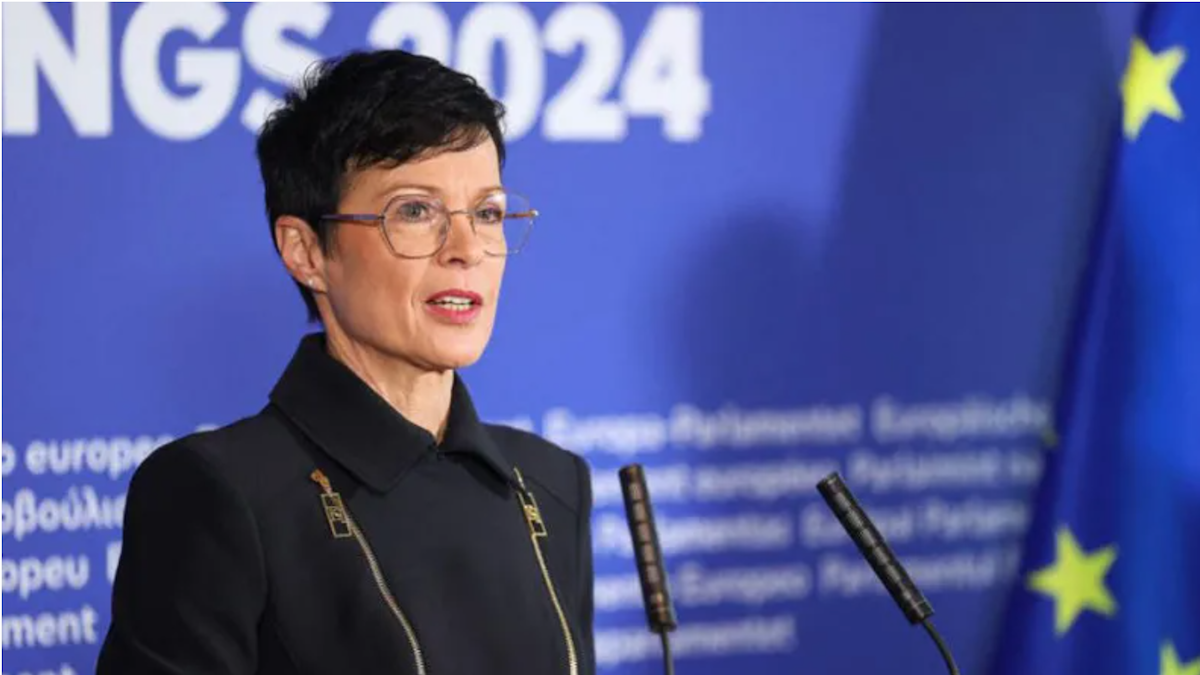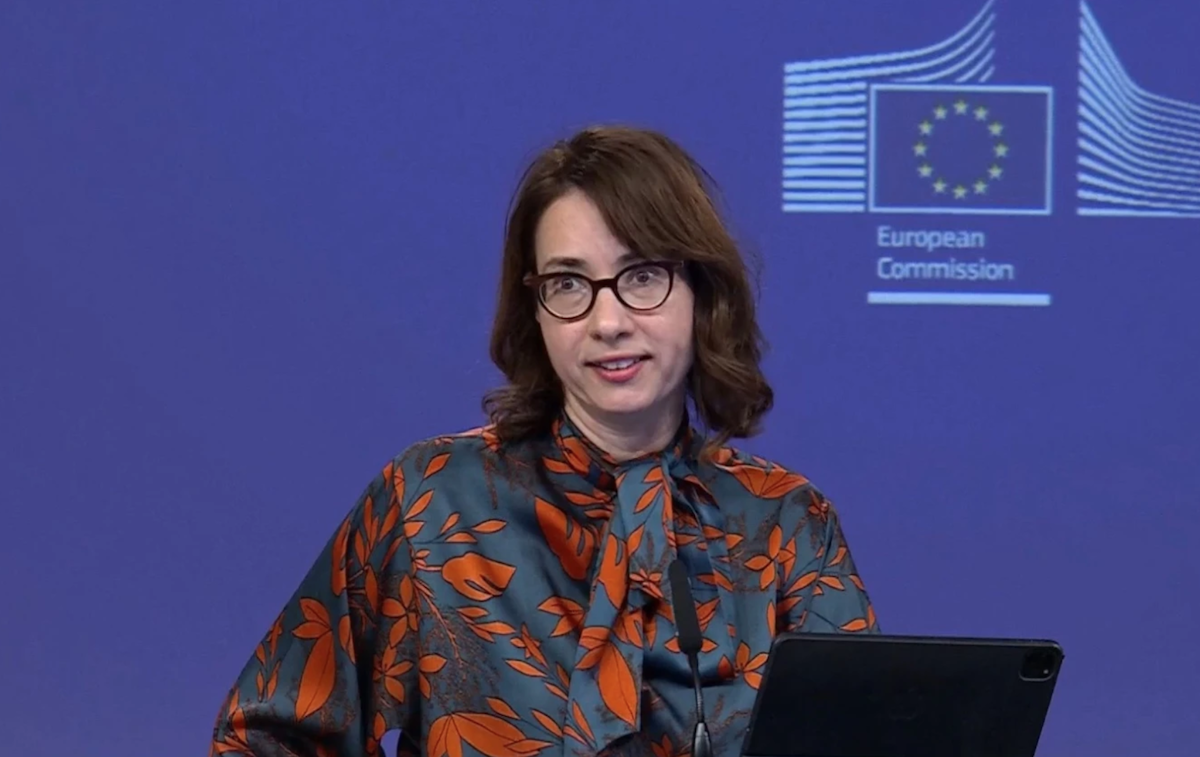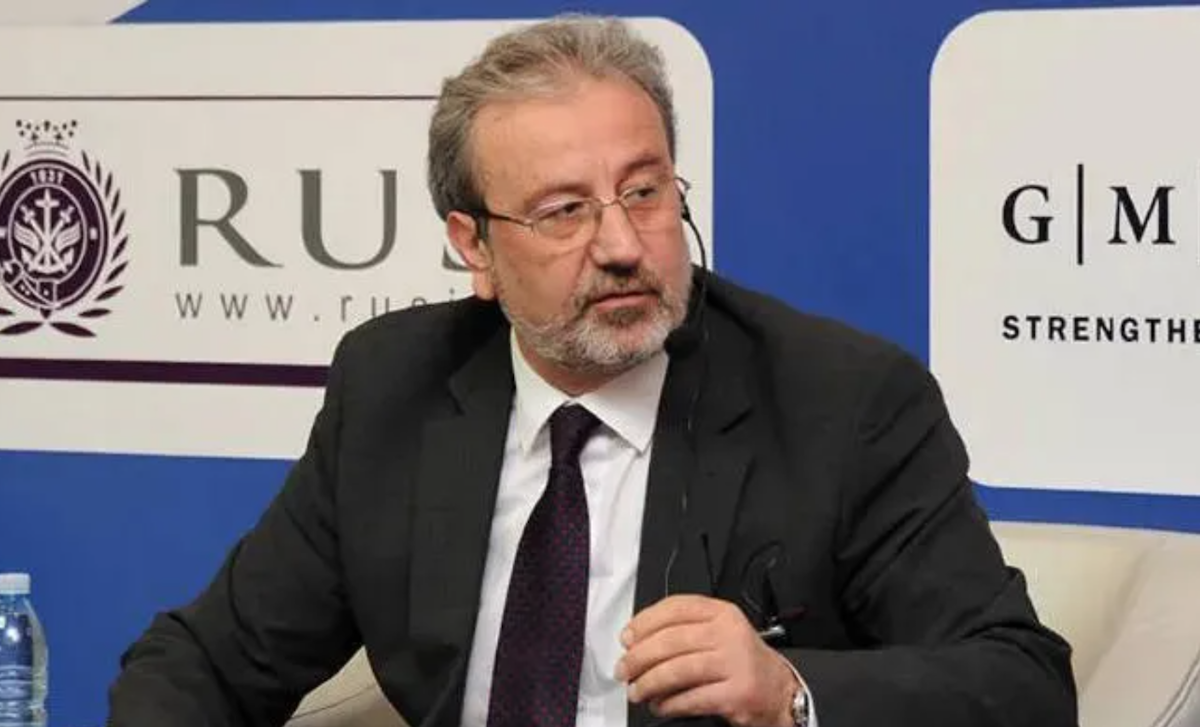RFE/RL: European Parliament urges sanctions on mid- and lower-level Georgian officials
European Parliament considers Georgia sanctions
On 4 June, the European Parliament’s Foreign Affairs Committee is set to adopt a document once again calling for the dismissal of mid- and lower-level officials within the Georgian Dream government. Radio Free Europe/Radio Liberty has obtained the final version of the committee’s consolidated report.
The 14-page report notes that Georgia was granted EU candidate status under specific conditions, and that during the rule of Georgian Dream, the country has not only failed to make progress in priority areas but has in fact regressed.
The report refers to the 2024 parliamentary elections as “fraudulent” and describes them as a “turning point towards an authoritarian regime.” According to the authors, it was after these elections that “state institutions and mechanisms safeguarding democracy were unlawfully captured.”
The committee expresses concern over the “growing number of political prisoners” and calls for their release. It makes special mention of Mzia Amaglobeli, founder of the independent outlets Batumelebi and Netgazeti, who, the report states, is being held in pre-trial detention on false charges.
The document also addresses the electoral situation, stating that the current “political and constitutional crisis” can only be resolved through new parliamentary elections. These should be held in the coming months under improved electoral conditions, with an independent election administration and the presence of both international and domestic observers.
The committee further stresses that it does not recognise the government formed by Georgian Dream following the “fraudulent parliamentary elections” of 26 October 2024, and labels Georgia a “state captured by the illegitimate regime of the Georgian Dream party.”
The committee also:
- Condemns the dismissal of up to 700 civil servants since December 2024 for their support of pro-European protests;
- Denounces the regular use of manipulative narratives, disinformation, and conspiracy theories about the European Union by senior party figures, MPs, and government-aligned media;
- Highlights Bidzina Ivanishvili’s responsibility for the events unfolding in the country, and names Irakli Kobakhidze, Shalva Papuashvili, Vakhtang Gomelauri, Kakha Kaladze, and Irakli Garibashvili as also bearing responsibility;
- Urges the European Union, in cooperation with other jurisdictions—particularly the United Kingdom—to freeze the financial assets of Bidzina Ivanishvili;
- Condemns the obstruction by the governments of Hungary and Slovakia of EU Council decisions to impose sanctions on Ivanishvili, and criticises the Hungarian government’s attempts to legitimise Georgian Dream.
The European Parliament’s Foreign Affairs Committee also commented on the upcoming local elections scheduled for autumn, describing them as “another test” for Georgian democracy. The committee calls on the opposition to seize this opportunity to “reflect the will of the Georgian people in support of democracy and the rule of law.”
Moreover, the committee urges that the municipal elections be held in an improved electoral environment, with an “independent and impartial” election administration.
In this context, the committee expresses deep concern over the further deterioration of the electoral system and calls on the EU High Representative to consider imposing additional individual sanctions if the municipal elections “are not conducted in a manner that meets the criteria for free and fair elections.





















